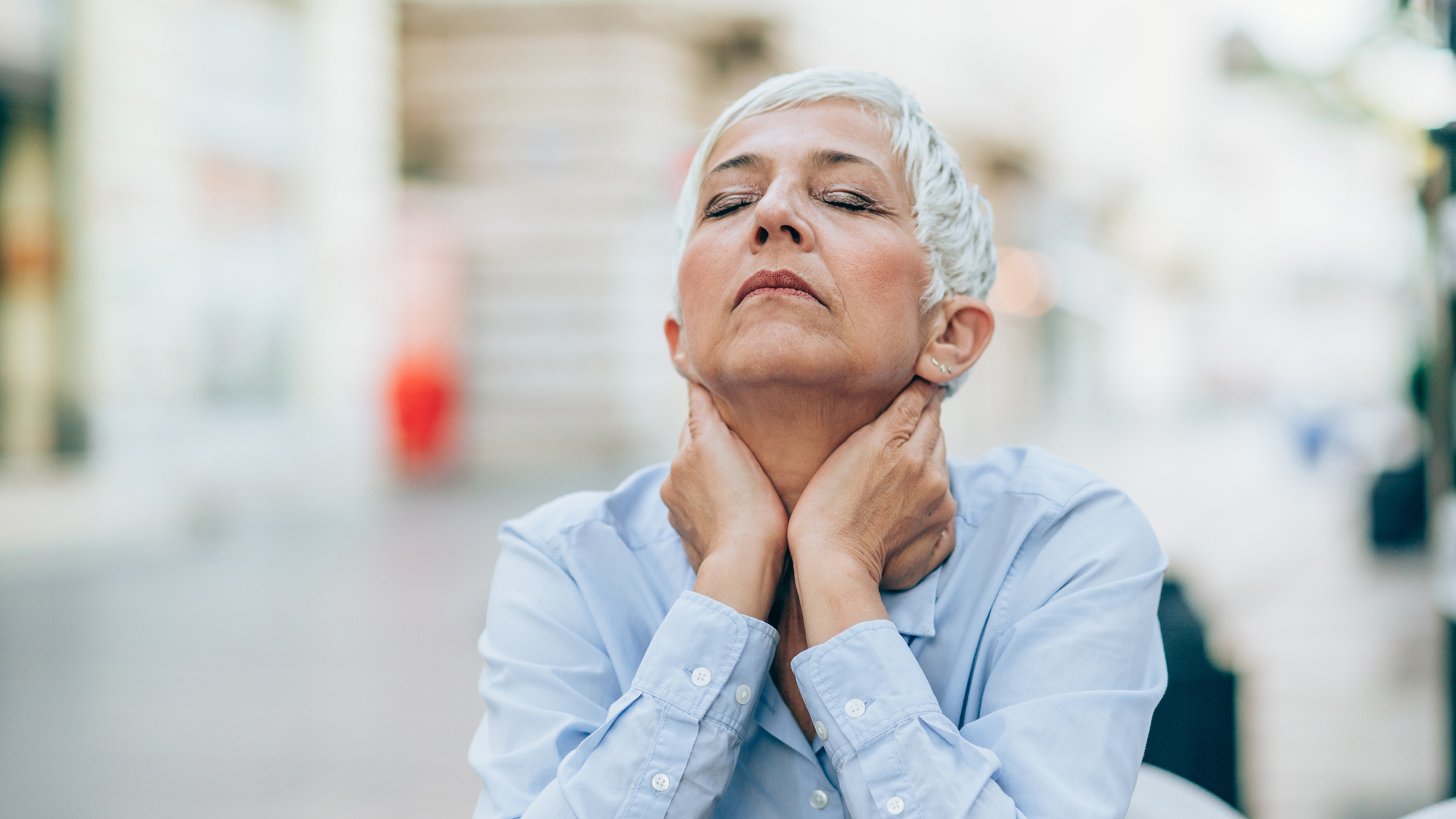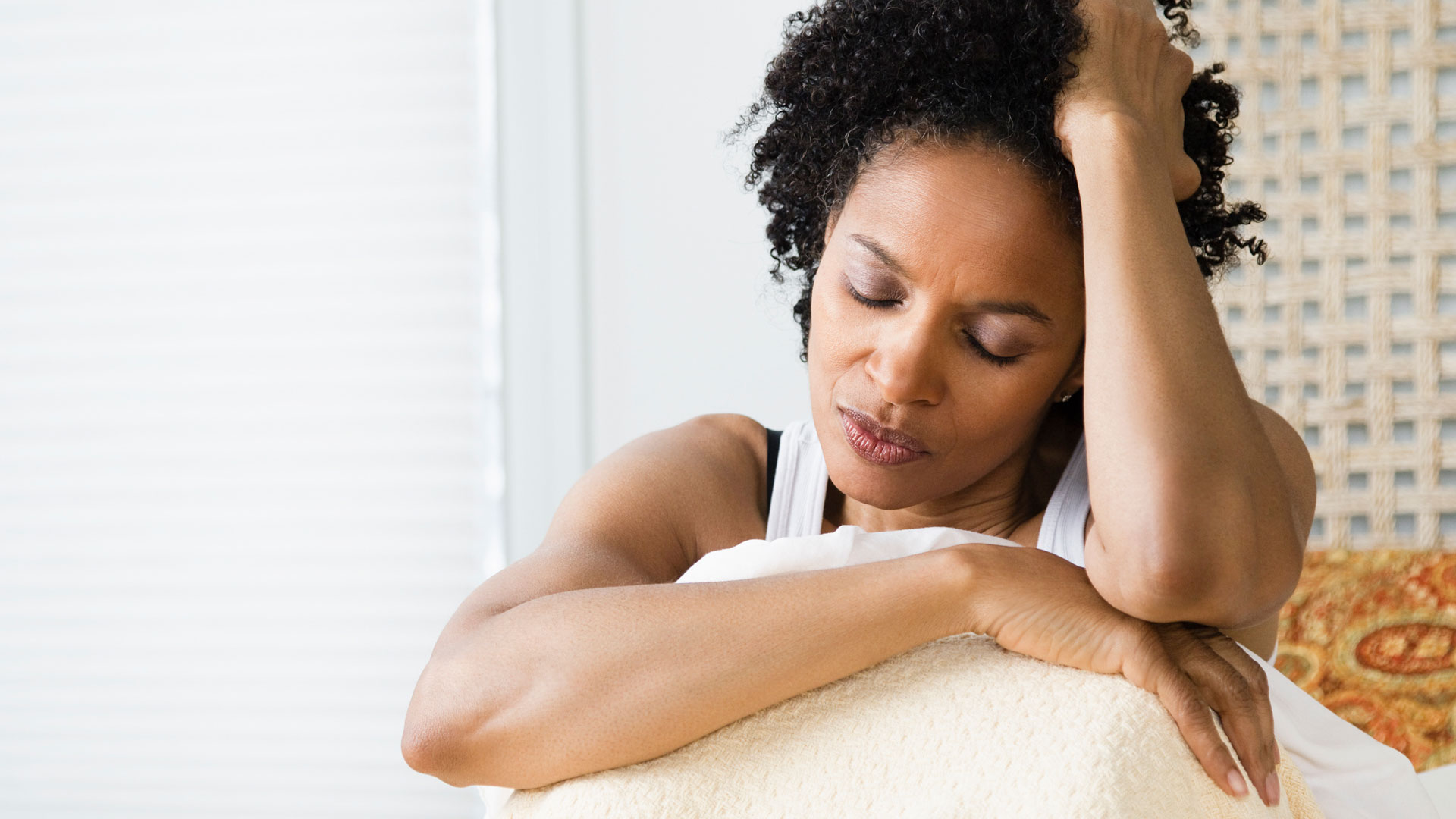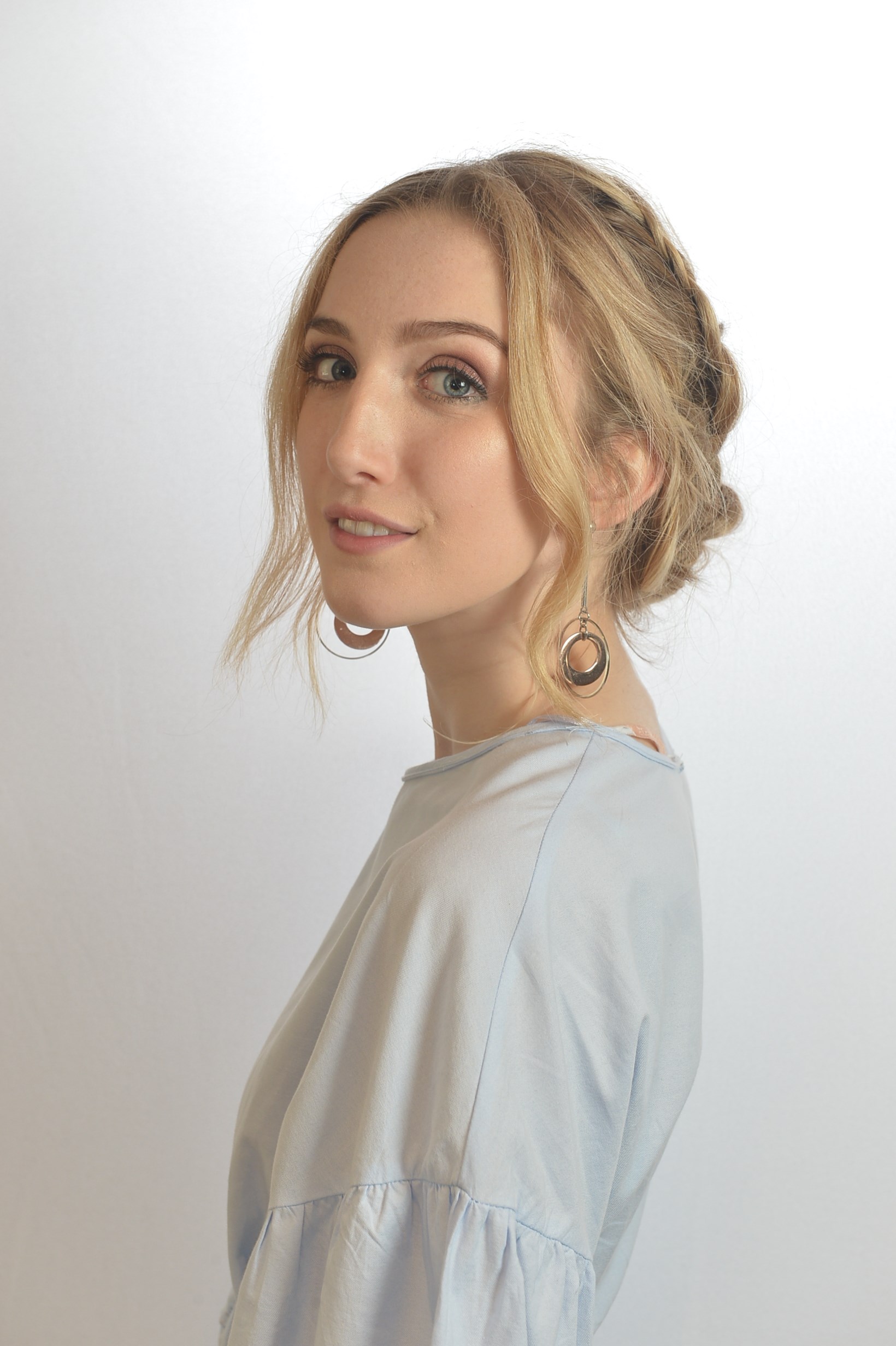Menopause itchy skin: tips for relief
Suffering from menopause itchy skin? Here are some expert-approved tips for relief


Menopause itchy skin can be a real problem during this transitional phase in a woman’s life. While we might typically think of mood swings, hot flushes and night sweats when it comes to menopause symptoms, skin changes such as pigmentation, rashes and acne can be just as common.
The name for this itchy skin is pruritus. Pruritus can start as early as perimenopause, which begins around eight to 10 years before a woman is officially ‘in menopause’, and lasts into the post-menopausal period. It may not sound too serious, but itchy skin can cause a lot of interference and discomfort. Hormonal changes linked to a lack of estrogen during menopause can cause itchy skin anywhere on the body too.
We spoke to Dr. Sharon Malone about menopause itchy skin, when it’s best to see a doctor, and some simple ways of soothing dry and irritated skin yourself. Our guide to the best menopause supplements may also be useful if you are looking for additional ways to support yourself during this time.
What’s the link between menopause and itchy skin?
Dry, itchy skin can be common for a number of reasons, and often they’re hard to nail down. But these symptoms can also be a complaint for women experiencing menopause, and may even manifest in and around the vulva in the form of vaginal atrophy.
This dry skin during menopause can occur anywhere on the body, but most commonly across the face, limbs, back, neck, and chest. Malone explains that the reason this happens is that during and after menopause, due to a decline in estrogen, the collagen, elasticity, and blood flow to the skin all decrease. Estrogen also keeps the production of natural oils in the skin moisturized, so without a strong level of this, the skin can feel dry and itchy.
It is thought that women's skin loses about 30% of its collagen during the first five years of menopause, and continues to decrease in a gradual way following those years.
The thinning of the skin brings the nerve endings closer to the surface which results in more irritation and heightened sensitivity to even normal stimulation. The newly thinned skin is also more susceptible to trauma and tissue damage leading to a worsening itch-scratch cycle – the more you scratch, the more you itch. The histamine released when you scratch makes the itching worse, and this can cause a nasty cyclical effect.
Start your week with achievable workout ideas, health tips and wellbeing advice in your inbox.
Itchy skin can occur anywhere but it is worse in areas that have more nerve endings, such as the vulva and nipples, explains Malone. In addition to itching, some women experience pain and burning in these areas during menopause, which can be very distressing.
When to see a doctor about menopausal itchy skin
When there is pain and itching in and around the vulva, most women can misinterpret these symptoms as yeast or vaginal infections, leading to self-medication without relief. When the symptoms are bothersome and not responsive to mild hydrating lotions, Malone says that it is time to consult a doctor.
If the itchy skin does not involve the genital area, then a dermatologist can be consulted. If it is confined to the genital area, then a gynecologist would be more appropriate.
How can you treat menopause itchy skin?
There are lots of ways that you can prevent dry and itchy skin from becoming a problem during menopause:
- Quit smoking – smoking ages and damages skin
- Use sunscreen – this prevents skin damage and aging
- Use unperfumed personal hygiene items
- Lower the temperature of your shower – hot water dries the skin
- Use unscented hydrating lotions immediately after a bath
If you’re experiencing dry and itchy skin around the vulva, it’s important to remember:
- Don’t use scented sanitary products
- Minimize skin trauma by using vaginal lubricants during sex
- Topical estrogen can treat the root cause of vulva itching – consult a doctor if you’re considering estrogen replacement therapy

If menopausal itchy skin is already a problem, then there are plenty of home remedies you can try out. These include:
Moisturizing
It's very important to keep the skin supple and moisturized with unperfumed and natural moisturizers. A good moisturizer will help the skin to absorb water, especially in its top layers, which can be great to help soothe itching.
Oatmeal baths
Oats can be used to treat a variety of skin conditions. The chemicals in oats known as avenanthramides have been found to help reduce itching and inflammation.
Colloidal oatmeal is made by grinding oat grain into a fine powder and is considered to be an emollient – a substance that soothes the skin – because of its high levels of fat, proteins, minerals, and vitamins. The Food and Drug Administration (FDA) has officially categorized colloidal oatmeal as a skin protectant and sees the anti-inflammatory and antioxidant properties as beneficial for itchy skin.
Adding this oatmeal to a warm bath and soaking in it for 10 minutes or more may help to soothe your itchy skin symptoms.
Vitamin C
Vitamin C is essential for skin health because it helps to promote collagen in the skin. A higher intake of vitamin C can help to boost moisture and repair, preventing it from feeling thin and dry. You can top up your levels of vitamin C by eating foods such as peppers, tomatoes, and citrus fruit. Alternatively, you could take a vitamin C supplement.
Can you take HRT for menopausal itchy skin?
“Although itchy skin is not the sole reason for taking hormone replacement therapy in menopause, people who do take estrogen after menopause do tend to have fewer symptoms,” says Malone.
Topical estrogen (used directly on the vulva) is very effective for treating vaginal atrophy and itchy, dry vulvas. Estrogen therapy has also been shown to modulate or reverse some of the skin changes related to aging, including epidermal and dermal thickness, collagen and elastin content, skin moisture, and wrinkles.
Speak to your doctor if you are considering HRT as an option.
Want to find out more about menopause? Check out our expert tips for yoga for menopause or find out; does menopause cause hair loss?

Mollie is a lifestyle journalist who regularly contributes to publications including Insider, Cosmopolitan, The Metro, Healthline, HelloGiggles, Reviewed, HuffPost, Independent, and Fabulous, amongst others. Particularly, Mollie covers health and beauty. Basset Hounds are Mollie's favourite things on the earth - she has her own named Olive. Mollie loves anything with too much sugar in, the color yellow, pop culture, and musical theatre.